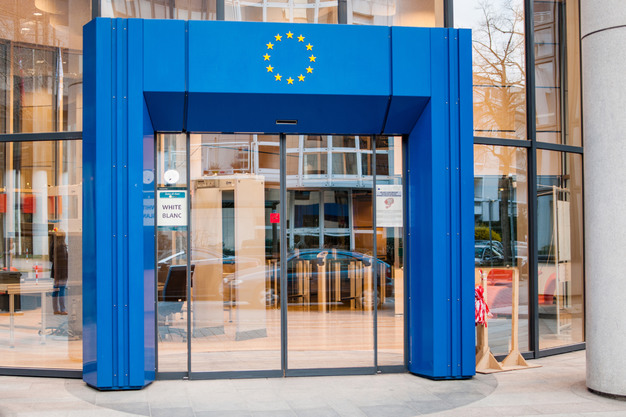Reports from ING state that Italy, Spain and France have joined 'the list of eurozone countries where inflation has unexpectedly decreased'.
Italian inflation decelerated in September
The preliminary estimate of September inflation, just released by the Italian National Institute of Statistics, shows that Italy has joined the list of eurozone countries where inflation has unexpectedly decreased.
Istat reports that headline inflation dropped to 0.7% year-on-year (down from 1.1% in August), primarily due to changes in energy prices. In September, both regulated energy prices (+10% from +14.3% in August) and non-regulated energy prices (-11% from -8.6%) contributed to this disinflationary trend. Additionally, prices for recreational and cultural services (2.5% from 2.9%) and transport services (2.5% from 2.9%) also saw declines, which offset the inflationary pressure from rising food prices (1.3% from 0.8%).
 Photo: Dreamstime.
Photo: Dreamstime.
Spanish inflation continues to cool in September
Spanish inflation fell to 1.5% in September from 2.3% in August, according to initial inflation figures released this morning by Spain's statistics office INE. This decline exceeded consensus expectations. The HICP also fell to 1.7% from 2.4% last month.
Several factors could exert upward pressure on inflation. The Spanish economy has a more positive growth outlook compared to the eurozone as a whole, and improving consumer sentiment might allow room for price increases.
French inflation sees a sharp downward surprise
French inflation came in at 1.2% in September, down from 1.8% in August and much lower than expected. Inflation according to the harmonised index stood at 1.5% in September, compared with 2.2% the previous month.
This sharp fall in inflation is primarily due to a 3.3% year-on-year drop in energy prices, mainly as a result of the fall in oil products. It is also due to a fall in the prices of manufactured goods (-0.3% compared with September 2023). In addition, inflation in services is slowing to 2.5% from 3.0% in August, mainly due to the Olympic Games, with some prices returning to normal after having risen during the Games.
Experts expect it to remain below 2% in the final months of 2024 and, in the absence of an adverse geopolitical shock, below 2% in 2025.
More information:
ING
www.think.ing.com
